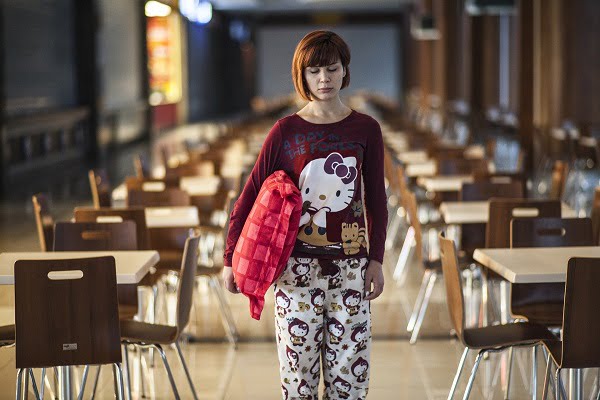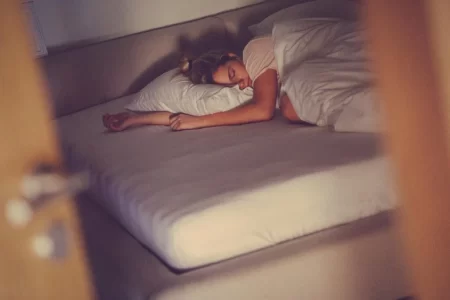Insomnia Patients Are More Creative, A Survey Reveals
- Updated on: Jul 25, 2024
- 3 min Read
- Published on Nov 23, 2018


Interconnection between sleep, insomnia and creativity
It is a pure known fact that good sleep nourishes the body, refills the energy and helps to renovate the resources required for normal functioning. A person’s ability to fall and stay asleep is beneficial for personal well-being and improved productivity.
Insomnia is the inability to fall asleep. Several studies have opened up the fact that insomnia negatively affects an individuals’ quality of life by causing impairment due to elevated severity of sleep disturbance. Sometimes, insomnia can be beneficial as there is some certainty that creativity increases due to insomnia.
A study says that the level of creativity enhances due to active brain. When brain is active, the regions of the brain reflect the functioning of active cognitive processes which portrait creativity. Creative solutions result from the right lobe of the brain and logical and analytical thinking ability is an outcome from the left lobe of the brain. There is an absolute possible link between creativity and insomnia.
Is sleep obligatory for a superior quality of life?
The relationship between sleep and creativity is well studied by psychologists. Psychologists suggest that sleep has the ability to enhance the performance of the brain. When a person is asleep, the brain gets loose and does not take or process any information from outside. This improves thinking ability and the ability to make new associations. Sleep is efficient to take the body into “maintenance mode” which it needs for revamp, to maintain memories, clean up any hyper brain signals, etc.
Some studies that link Insomnia to creativity
In a study, in 2013, it was found that insomnia is correlated with wider thinking and enhanced creative behavior. Another related study (about children) states that some children who are creative in nature and behavior are observed to exhibit more of sleep disturbances.
Another study in 2013, that included analysis of insomnia and creativity showed mixed results. This concluded that insomnia had a positive effect on generating creative ideas by exploring many possible solutions and also had no effect on people with day sleep impairments. “Tired minds, tired ideas?” was the title given to this study.
Do geniuses never sleep?
A famous actor and musician, Matt Berry, stated that he couldn’t sleep for a long duration due to insomnia. Berry stated that he earlier got anxious about he lost sleep but after sometime, he stopped worrying. He says that eventually, his feelings changed. He believes that even if he gets no sleep, he is in a different zone where he feels peaceful and excited. He says he feels content with the fact that he has found time to try something new and have some fun.
Another musician Dave Bayley of Glass Animals also supports the fact that sleep deprivation gives him the power to crazy ideas. He also says that he owes his career to insomnia. He believes that the feeling he goes through is bizarre and interesting.
It is observed that several biographies of extraordinary achievers have one thing in common i.e. lack of sleep. Studies reveal that a lot of terrific leading figures of science, business, politics, arts, etc with different intelligent quotient, creativity, physical stamina, etc are observed to sleep for very little hours. Generations from Proust to Coldplay agree to honor the creative benefits of sleepless nights. They believe that most productive results of insomnia are ambition and creativity.
There are no researches which prove that insomnia relates to an increase in creativity but there are strong observational pieces of evidence that people suffering from insomnia are extremely creative.










